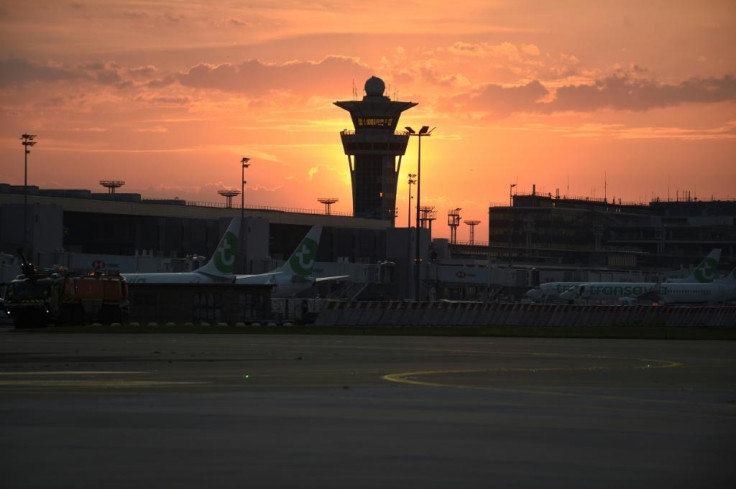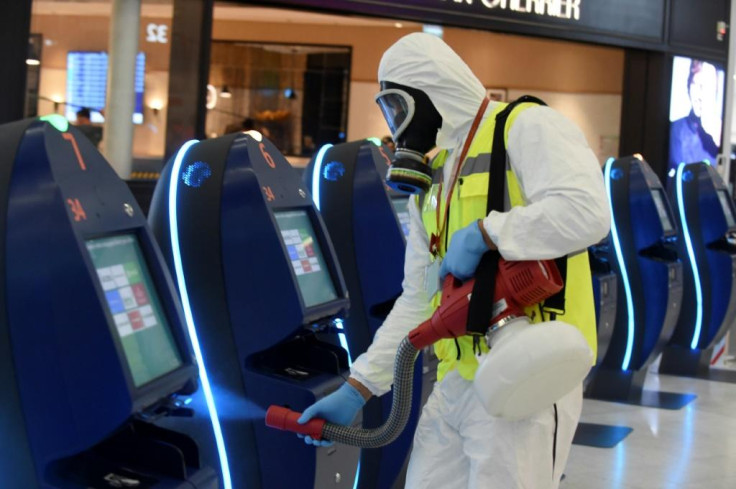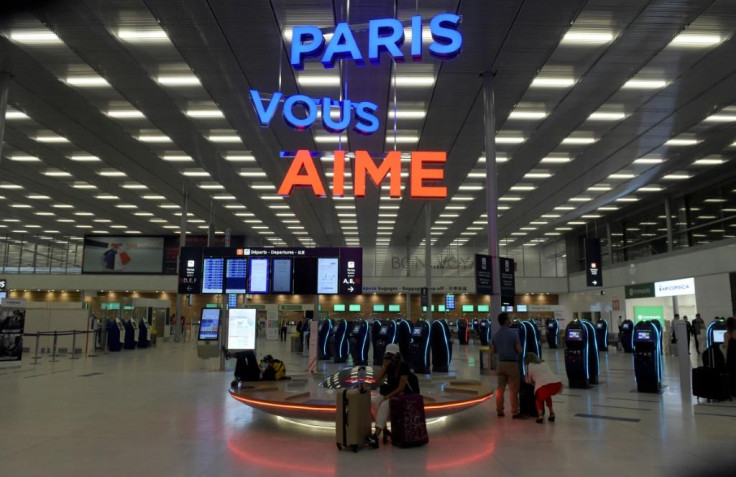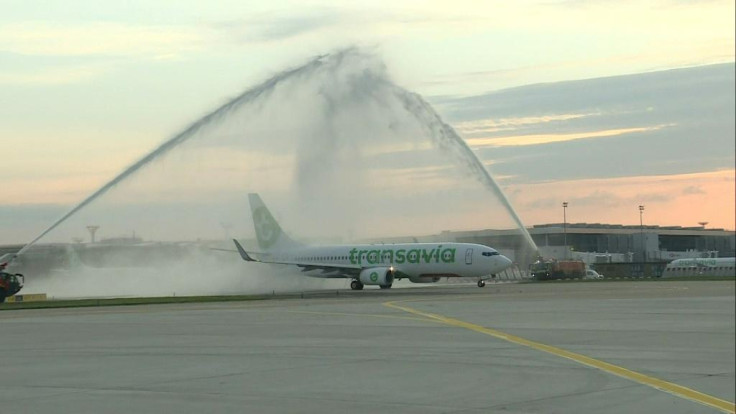Paris-Orly Airport reopens after 3-month virus closure
For nearly three months, all commercial flights from Paris have taken off from the main Charles de Gaulle airport.
Paris's Orly airport reopened on Friday for the first time in nearly three months after air travel collapsed during the coronavirus pandemic, but flights will be a fraction of the usual rate.
A plane operated by low-cost carrier Transavia took off for the Portuguese port city of Porto, the first commercial flight since the airport south of Paris came to a halt on March 31.

Two firetrucks on either side of the plane shot a festive arc "water salute" over the stationary aircraft, with the passengers inside waiting to taxi to the runway.
Airlines including Transavia, Air France, easyJet, Vueling and Air Caraibes account for most of the traffic at Orly, flying to the Caribbean, Reunion Island, Italy, Spain, Portugal, Iceland and Croatia, among others.

On Friday, officials expect around 8,000 passengers, less than 10 percent of the daily pre-virus average of around 90,000.
They will be on more than 70 flights compared to the normal run of 600 a day.
Traffic is due to increase to 200 flights daily in July but it will depend much on whether Algeria, Morocco and Tunisia reopen their borders as well as on whether the virus remains under control.


For nearly three months, all commercial flights from Paris have taken off from the main Charles de Gaulle airport, to the north of the capital, in order to rationalise costs.
In May, traffic plummeted by almost 98 percent at Charles de Gaulle, with only 200,000 passengers coursing through its halls, a snapshot of the damage done to global aviation.
The International Air Transport Association said earlier this month that the world's airlines were in line to make a combined net loss of more than $84 billion this year.
Orly has taken measures to check the spread of the coronavirus, with more than 7,000 posters and stickers to keep people at a safe distance, hand sanitisers, and plexiglass windows at check-in desks and other counters.
Staff also used thermal cameras to check the temperatures of passengers.
Others dressed in protective white suits and masks sprayed disinfectant on surfaces like automatic check-in screens.
Almost all the stores at Orly 3 were to open on Friday, apart from a few exceptions such as a self-service sweet shop.
The hundreds of thousands of people who live under the air corridors said they dreaded the end of three months of peaceful nights, a "paradise" where they recalled birds singing instead of roaring jet engines.
Luc Offenstein, a retired commuter train driver who had campaigned to curb air traffic nuisance, said the area had got used to a new way of life.
Copyright AFP. All rights reserved.
This article is copyrighted by International Business Times, the business news leader





















